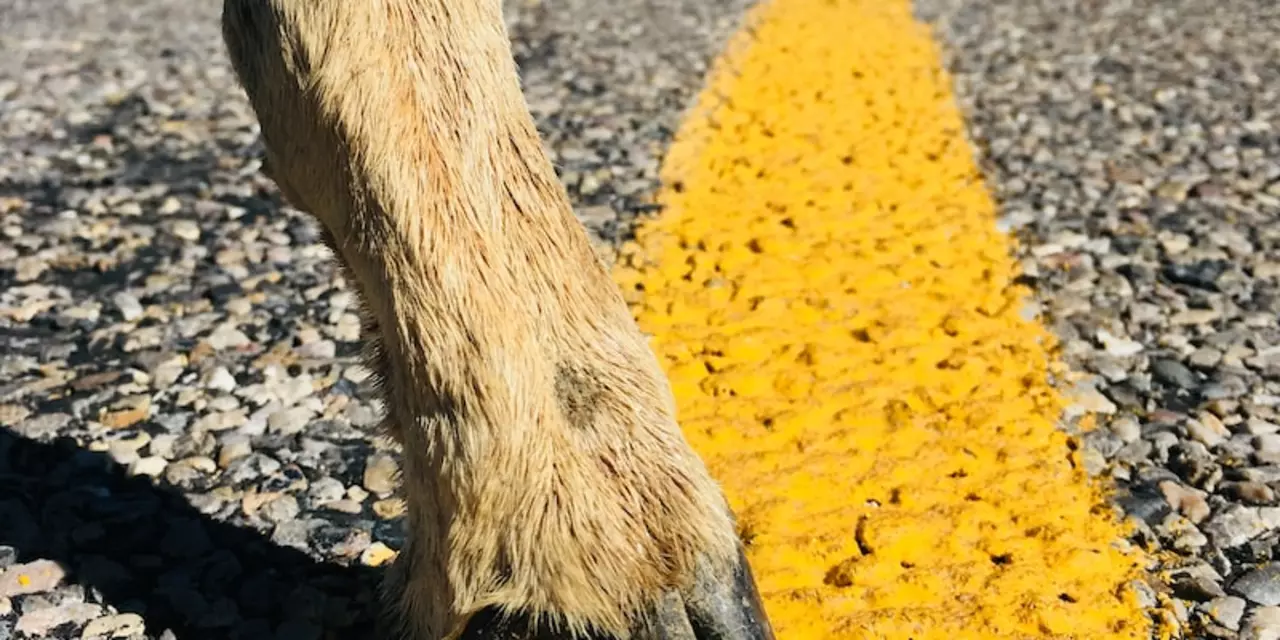Understanding the Wildlife Protection Act and Its Job Opportunities
If you’ve ever wondered why India has so many protected areas and why you hear about “tigers in the wild,” the answer lies in the Wildlife Protection Act (WPA). Enacted in 1972, this law was meant to stop poaching, protect habitats, and ensure that wildlife can thrive. It’s not just a set of rules for forest officers; it shapes careers for anyone interested in conservation, research, or enforcement.
The Act classifies animals into categories like Schedule I, II, III, and IV. Schedule I species – tigers, elephants, and rhinoceroses – get the highest level of protection. Any harm, trade, or illegal possession of these animals can lead to hefty fines and jail time. For other schedules, the penalties are lighter, but the goal stays the same: keep ecosystems healthy.
Core Provisions You Should Know
First, the WPA bans hunting of all listed species unless a specific permit is granted for scientific research. Second, it gives the government power to declare forests as sanctuaries, national parks, or wildlife corridors. When an area gets this status, development projects need special clearance, which often involves environmental impact assessments.
Third, the law creates a framework for wildlife crime investigation. The Central and State Forest Departments can set up dedicated units, and they cooperate with the police and the judiciary. Finally, the Act encourages community participation. Local people can be part of “Van Dhan” programs that let them earn money by protecting wildlife rather than hunting it.
How the Act Opens Up Government Jobs
Every provision of the WPA needs manpower to enforce it. That’s where job seekers find a niche. Positions like Forest Ranger, Wildlife Inspector, and Biodiversity Officer are directly linked to the Act. These roles involve patrolling protected areas, collecting data on animal populations, and processing permits.
Beyond the field, there are desk jobs in the Ministry of Environment, Forest and Climate Change, where analysts draft policies, evaluate project proposals, and monitor compliance. If you have a background in law, you can work as a Legal Advisor handling wildlife crime cases in courts. For those who love research, the National Biodiversity Authority hires scientists to study endangered species and suggest conservation measures.
Most of these jobs require a degree in forestry, zoology, environmental science, or law. Some posts need you to clear competitive exams like the UPSC or the State Public Service Commission tests. The good news is that the WPA is regularly updated, and new amendments often create fresh vacancies – think of roles related to wildlife trafficking investigations or eco‑tourism management.
Preparing for these exams? Focus on the Act’s schedule of species, the process of declaring protected areas, and recent court judgments on wildlife crimes. Past year papers often ask scenario‑based questions: "What steps should a Forest Ranger take if poachers are spotted in a national park?" Knowing the legal framework lets you answer confidently.
In practice, working under the WPA means you’ll spend time in the field, but also in community outreach. Many states run awareness campaigns in villages near sanctuaries, teaching people why protecting a tiger’s habitat helps agriculture. These outreach programs are part of the job description for many junior officers.
So, whether you’re a fresh graduate or an experienced officer looking for a transfer, the Wildlife Protection Act offers a clear career path. The law isn’t just a document; it’s a living system that needs people to implement, monitor, and improve it every day.
Keep an eye on the Government Job Updates portal for upcoming notifications related to forest and wildlife vacancies. New alerts about WPA‑linked posts appear as soon as the ministries release them, giving you a head start on applications.
Bottom line: understanding the Wildlife Protection Act not only makes you aware of India’s conservation efforts but also equips you with the knowledge to land a rewarding government job that safeguards the country’s natural heritage.
